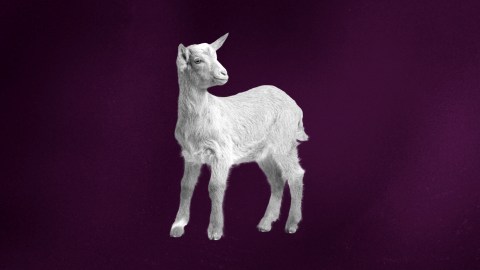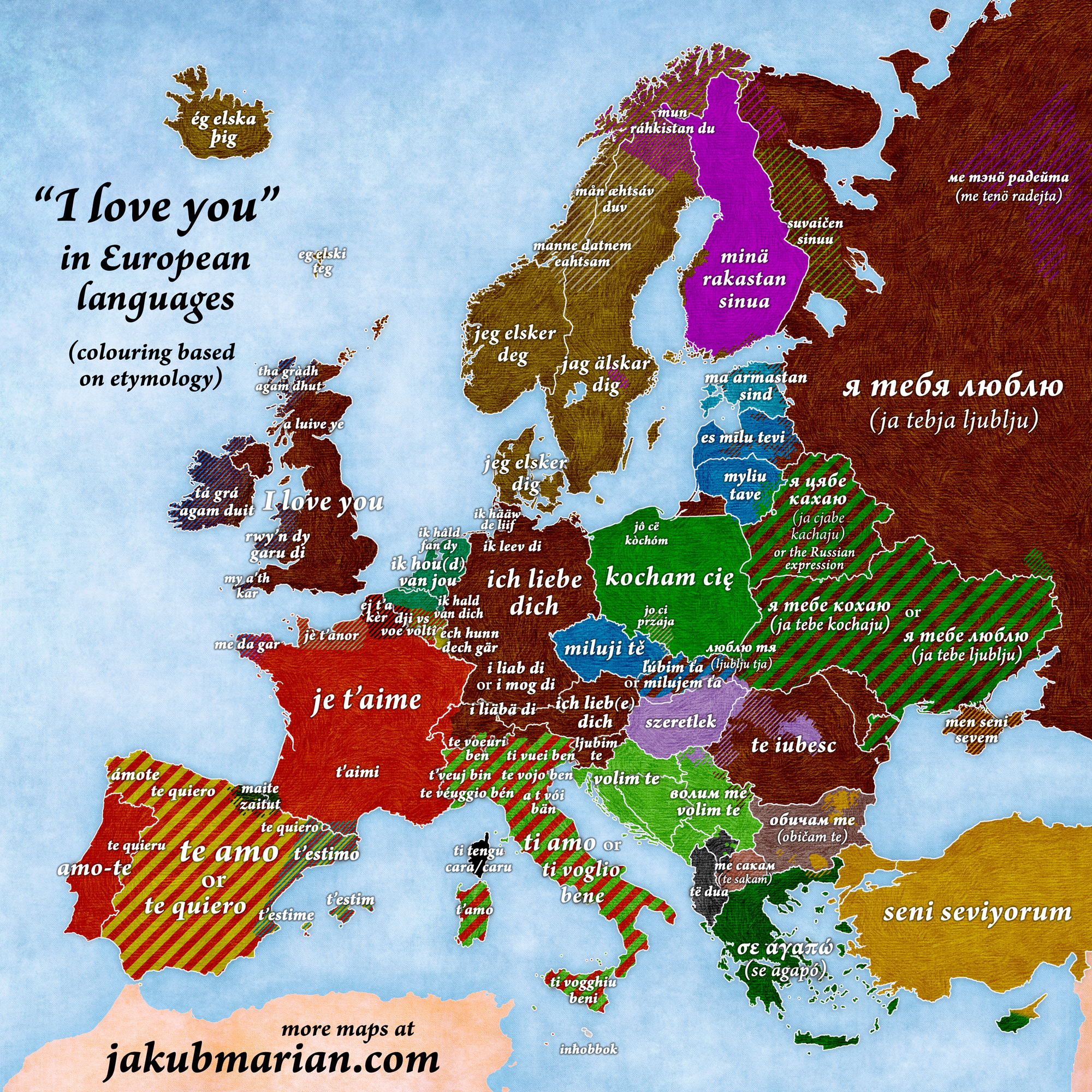South African wedding goat and 4 other curious gift-giving traditions from around the world

Giving a gift is a tradition as old as society itself. As far back as records allow, we can find examples of gift-giving practices — a dowry, a birthday present, or even bringing a bottle of wine to a party. Humans have always and everywhere given gifts to one another.
Gift-giving traditions vary widely, even within the same culture. At Christmas, for example, my family always had the youngest person distribute the presents. I know one family who has a strict “one present only” rule, and another family who insists that gifts either must be handmade or customized to the receiver.
Given the huge variety of holidays, cultural events, and celebrations all over the world, it’s no surprise that there are a great many curious gift-giving traditions. Here are five particularly peculiar ones.
Japanese oranges
In much of Southeast Asia, the orange is a symbol of good fortune and longevity. In Japan, they’re called the “fruit of life,” and there’s even a myth about them. The story goes that the dying Emperor Suinin sent a great hero called Tajimamori to “the Eternal Land” (probably, China) to find an orange that would cure him. Sadly, Suinin died before Tajimamori could return with the panacean fruit, and the adventuresome hero “wailed and wept himself to death.”
Not quite so dramatic is the Japanese tradition of giving oranges. The fruit of life is seen as a blessing to any receiver. It’s curious that Europeans also give oranges as a traditional stocking stuffer at Christmas.
Russian bread and salt
If you invite someone to your house, you’ll probably take their coat, offer them a drink, and make them feel at home. If you’re Russian, though, you might decide to meet them at the door with a ceremonial tea towel, a boule of bread, and a pot of salt.
The tradition goes back around 700 years, to when local towns were desperate to put on a good show for traveling dignitaries or passing merchants. Bread, especially black and sour rye bread, is a Russian symbol of hospitality. Salt is a sign of wealth. And so, to give both to a visiting guest is an ancient act of welcome. (Also, it tastes great.)
South African goat
You’re at the door to the church, wedding dress on, new husband at your side, and you’re thanking all your guests. Auntie Sandra gives you a kiss and a gift envelope. Your friend, Sam, says how beautiful you are, and then hands you what’s clearly a cutlery set, poorly wrapped. Good gifts. Sensible gifts.
Then Cameron walks up. “Oh hell,” you think, what’s he got?” Cameron is dragging a goat. A wailing, spitting, scraggly goat. “Here you go, brah,” he says, handing you the tether.
In South Africa, it’s still quite common in some areas to gift someone a goat or a cow on the day of their wedding. It goes back to the Zulu dowry practice of lobola where the groom’s family usually gift cattle. In modern, urbanized South Africa, goats and cows have mostly been replaced by cash. But in traditional or rural areas, a wedding goat is not an unheard of present.
Chinese 88
Around New Year, it’s popular for the Chinese to gift one another money. While some people in the West view money as a cold (or at least boring) present, in China, it’s often the default option. Cash is usually put into an ornate and beautiful red envelope — the hongbao in Mandarin — and given away.
The amount of money given is of crucial importance, though. This isn’t limited to how large or small the sum is, but also involves the digits you choose. For instance, six is considered to be lucky because it’s pronunciation — liu — sounds a bit like “to flow” (which is taken to be “flowing well”). But luckier and better still is eight. In both Mandarin and Cantonese, the word for eight sounds like “to prosper.” The double eight or 88 looks a bit like the character 囍, which means double “happiness.”
So, always make sure to give 8 or 88 dollars to your friends.
North European marzipan pig
Like the Zulus (above) and many other cultures, denizens of European countries like Norway, Germany, and the Netherlands used to give livestock as a present. Nothing tells your neighbor or Uncle Ed that you’re well-off like giving them an entire pig. Turning up at someone’s house for Christmas with a few hefty swine would be the medieval equivalent of turning up with Rolex watches for everyone.
Of course, as the centuries moved on, fewer people had pigs, and even fewer waned to be gifted one at Christmas. Instead, they were replaced with confectionary versions. From the 15th century onward, marzipan became the affluent gift of choice — it was luxurious, and it was delicious. So, a marzipan pig had the benefit of being a bit showy, minus the snorting and grunting of years past.





